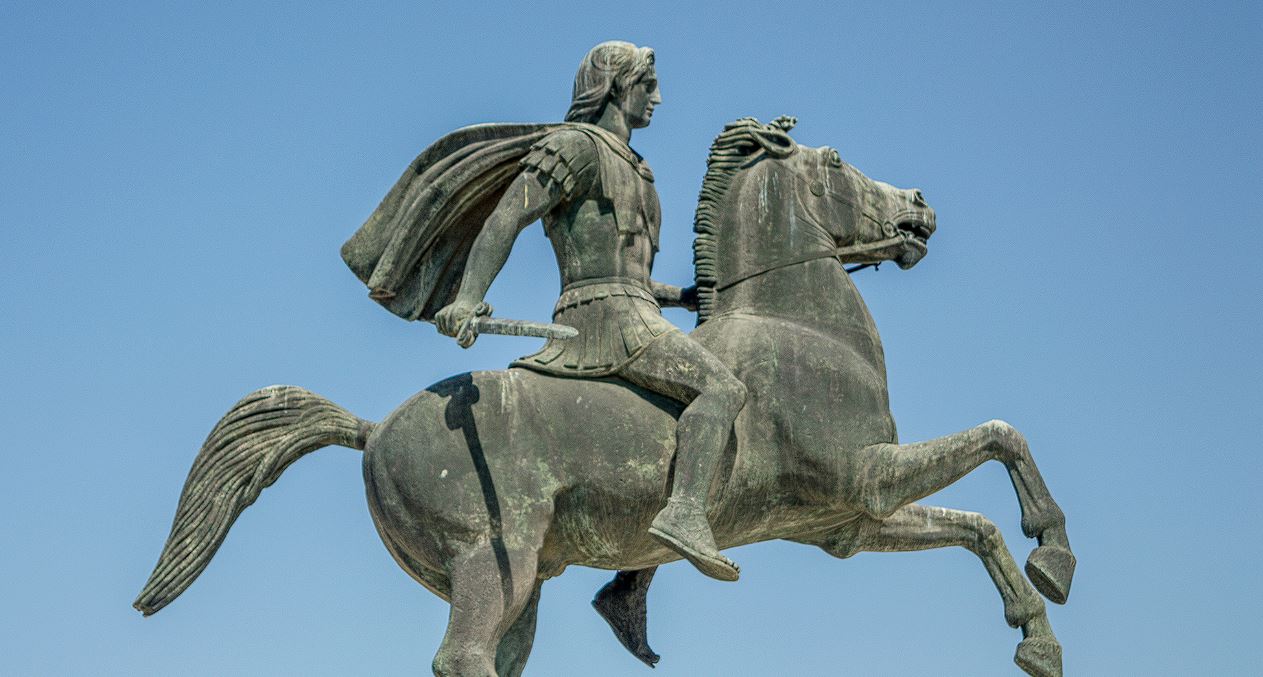A 2,000-year-old “lost book” discussing the dynasties that succeeded Alexander the Great may finally be deciphered nearly two millennia after the text was partially destroyed in the eruption of Mount Vesuvius in A.D. 79 and, centuries later, handed off to Napoleon Bonaparte.
The reason for the breakthrough? Researchers are using machine learning, a branch of artificial intelligence, to discern the faint ink on the rolled-up papyrus scroll.
“It’s probably a lost work,” Richard Janko(opens in new tab), the Gerald F. Else distinguished university professor of classical studies at the University of Michigan, said during a presentation at the joint annual meeting of the Archaeological Institute of America and the Society for Classical Studies, held in New Orleans last month. The research is not yet published in a peer-reviewed journal.
Only small parts of the heavily damaged text can be read right now. “It contains the names of a number of Macedonian dynasts and generals of Alexander,” Janko said, noting that it also includes “several mentions of Alexander himself.” After Alexander the Great died in 323 B.C., his empire fell apart. The text mentions the Macedonian generals Seleucus, who came to rule a large amount of territory in the Middle East, and Cassander, who ruled Greece after Alexander’s death.
The lost book is from the Villa of the Papyri at Herculaneum, a city that was destroyed alongside Pompeii when Mount Vesuvius erupted after the turn of the first millennium. The villa, named for its vast scrolls of papyri, contains numerous writings from the philosopher Philodemus (lived circa 110 B.C. to 30 B.C.). These papyri were carbonized when the volcano erupted. At some point, the text was found, and it was given to Napoleon Bonaparte in 1804. He gave it to the Institut de France in Paris, where it now resides. In 1986, an attempt to unroll the papyrus resulted in further damage, Janko said.
source livescience.com
Ask me anything
Explore related questions





